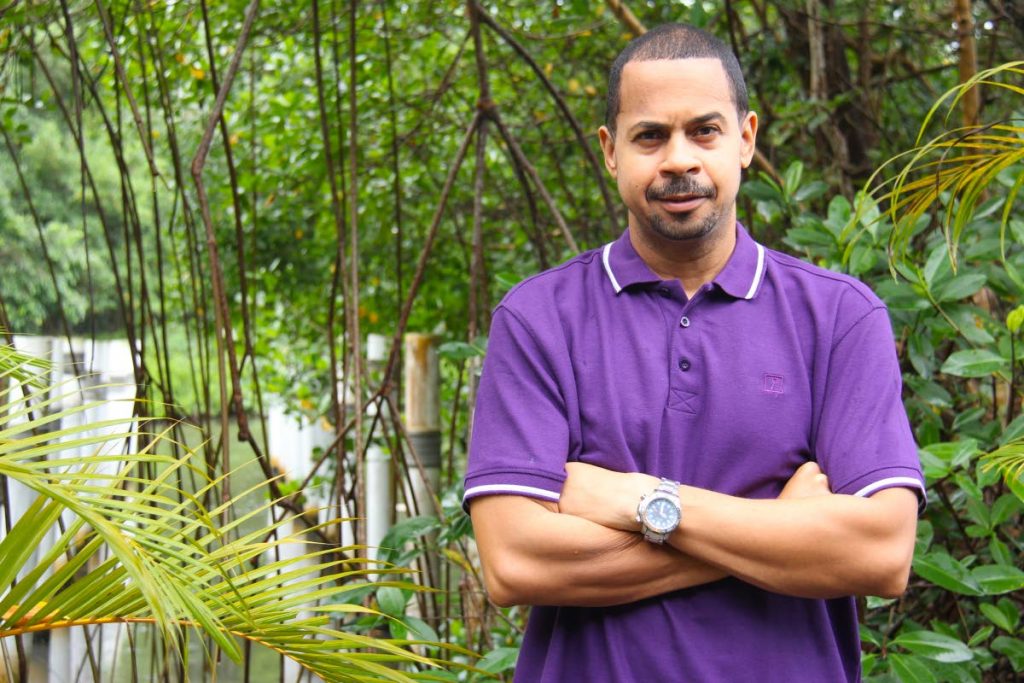Investing in a better society

IN LAST week’s column, I wrote that what we invest in profoundly influences the kind of society we live in.
Widespread violence, inequality, corruption, trenchant discourtesy on the roads, deplorable customer service – you name it, we bought it. This we’ve done either by omission or pouring time and money into short-term gains with long-term pains.
We stare in horror at ghostly figures on CCTV footage robbing and clobbering business owners. We recoil in disgust when people cut us off in traffic and cuss us stink.
When CoP Gary Griffith called a government-contracted domestic violence hotline to investigate a service-related complaint, he was put in his place by the co-ordinator who explained that “he needed to understand how it works.”
We shake our heads and ask how we’ve come to this. Who made these bloodthirsty, inhuman creatures? Why, we did, of course!
I will never forget one day back in secondary school a classmate was giving our English teacher a dusty time with some backchat and ribald ribbing. She eviscerated him with this line: “You weren’t brought up, you were dragged up!”
So many in our society have been dragged up. They become golems of a nation of cheapened values, celebrated consumerism and a culture of vulgarity.
Governments invest in food cards, social programmes and housing to keep people enslaved by their circumstances and beholden to their political benefactors. Our so-called social programmes aren’t designed to empower but depower. The social safety net is designed to catch and keep you.
In the private sector, some companies halfheartedly support educational and sports initiatives, or maybe paint a school bus. While some give back, it’s never part of a wider strategy of sustained intervention to shape a better society. It’s just a perfunctory checking of those corporate social responsibility boxes.
Business chambers bellyache about rampant crime probably believing they’re doing their part by sending out the occasional “strong” press release. These statements are actually a typically soft-pedalled criticism directed at the Government. They’re always too little and usually too late. “We are at crisis stage!”...or some tripe like that.
The lawlessness and bloodletting of today are the dividends of haughty indifference. People aren’t born broken, but they are broken by the world. Every society has a window to intervene and invest in the futures of their people. We unerringly make the wrong choices on that front.
With an election looming, I’ve started paying attention to statements of likely electoral contenders. This I do on the off chance a political suitor might mention something progressive or remotely interesting. That’s how I stumbled onto an interview done with the UNC’s Jearlean John. In it, she suggested the idea of businesses investing in homework centres for vulnerable communities. The idea isn’t entirely new. There is a rather impressive-looking homework centre in east Port of Spain.
John pointed out that many businesses have done well in this country. It’s only reasonable they should invest in creating a TT with a more promising horizon. In at-risk communities (although all communities are now at risk) single parenthood is the norm. Education in such households is limited.
More homework centres can break the cycle of inherited hopelessness. Ideally staffed by retired teachers, these facilities can help latchkey children keep pace with their school work. These teachers can provide guidance with lessons that a struggling parent or grandparents simply aren’t equipped for.
Additionally, such centres can be visited regularly by trained child psychologists. These professionals can supply counselling services and spot children who may be traumatised by a turbulent home front. Homework centres in at-risk communities can offer crucial interventions at the right ages before young people are romanced by the gangs or become warped by their oppressive surroundings.
If business chambers encouraged more of their members to invest in initiatives like homework centres maybe they’d complain less about how much money they have to spend on security for their premises.
Additionally, there’d be a lot less talk about lazy, late-for-work, unproductive employees and crappy customer service. The only businesses that can thrive in a failed society are security companies, funeral homes and flower shops.
That businesses should be more actively invested in moulding the society (beyond political campaign financing that is) isn’t to say the Government is absolved of the responsibility to its people.
If this country spent a little more without looking at the balance sheet at the end of each quarter or the vote value of each street, we could start to see a different TT.

Comments
"Investing in a better society"